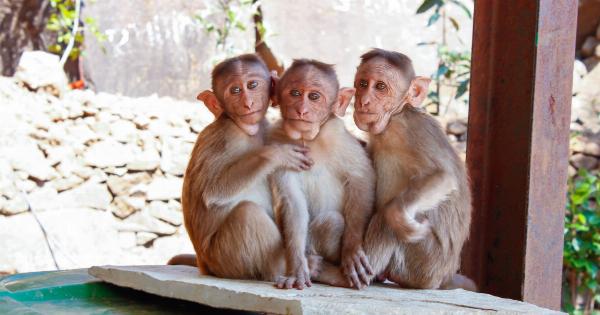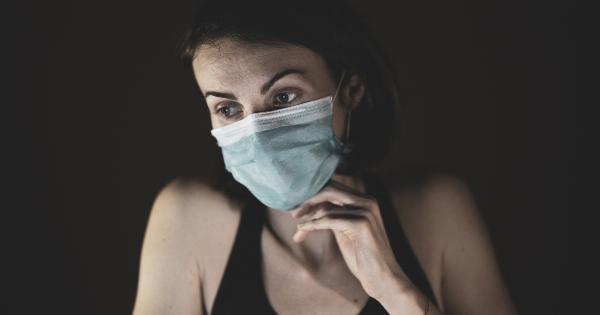Meningitis is a serious and potentially fatal disease that affects the membranes covering the brain and spinal cord. It can be caused by various bacteria and viruses, with meningitis B being one of the most common and dangerous forms.
Meningitis B can affect anyone at any age, but it is particularly prevalent in infants, young children, and adolescents.
What is Meningitis B?
Meningitis B is caused by the bacteria Neisseria meningitidis serogroup B. It is highly contagious and can spread through respiratory droplets or direct contact with an infected person.
The bacteria can invade the bloodstream and travel to the brain and spinal cord, leading to swelling and inflammation of the meninges – the protective layers surrounding these vital organs.
Signs and Symptoms
Early symptoms of meningitis B can be similar to those of a common flu, which can make it difficult to diagnose. However, as the disease progresses, some characteristic signs and symptoms may appear:.
1. High Fever
Meningitis B often causes a sudden and high fever that persists for several days. If you or your child experiences a persistent fever, it’s essential to seek medical attention.
2. Severe Headache
A severe, pounding headache is another common symptom of meningitis B. The headache may be accompanied by a stiff neck, making it difficult to touch the chin to the chest.
3. Nausea and Vomiting
Meningitis B can cause intense nausea and vomiting, which are not relieved by typical upset stomach remedies.
4. Sensitivity to Light
The inflamed meninges can make the eyes sensitive to light, causing discomfort and pain when exposed to bright lights.
5. Rash
A distinguishing feature of meningitis B is the appearance of a rash. This rash can start as small, red spots that quickly develop into larger purple bruises. The rash may not fade when pressed, which is a sign of petechial or purpuric lesions.
6. Confusion and Mental Changes
Meningitis B can impact cognitive abilities, leading to confusion, irritability, and changes in mental status. In severe cases, it can progress to seizures, coma, and even death.
Prevention and Treatment
To protect yourself and your loved ones from meningitis B, it’s crucial to take preventive measures:.
1. Vaccination
The most effective way to prevent meningitis B is through vaccination. The meningitis B vaccine provides protection against the specific strain responsible for the disease.
2. Good Hygiene Practices
Practicing good hygiene, such as regular handwashing and avoiding sharing drinks or utensils, can help reduce the risk of transmission.
3. Early Diagnosis and Treatment
If you suspect meningitis B, it’s vital to seek medical attention immediately. Early diagnosis and prompt treatment with antibiotics can greatly improve outcomes and reduce the risk of complications.
Conclusion
Meningitis B is a serious and potentially life-threatening disease that requires immediate attention.
By being aware of the signs and symptoms, taking preventive measures, and seeking early medical care, we can protect ourselves and our loved ones from the devastating effects of meningitis B.





























